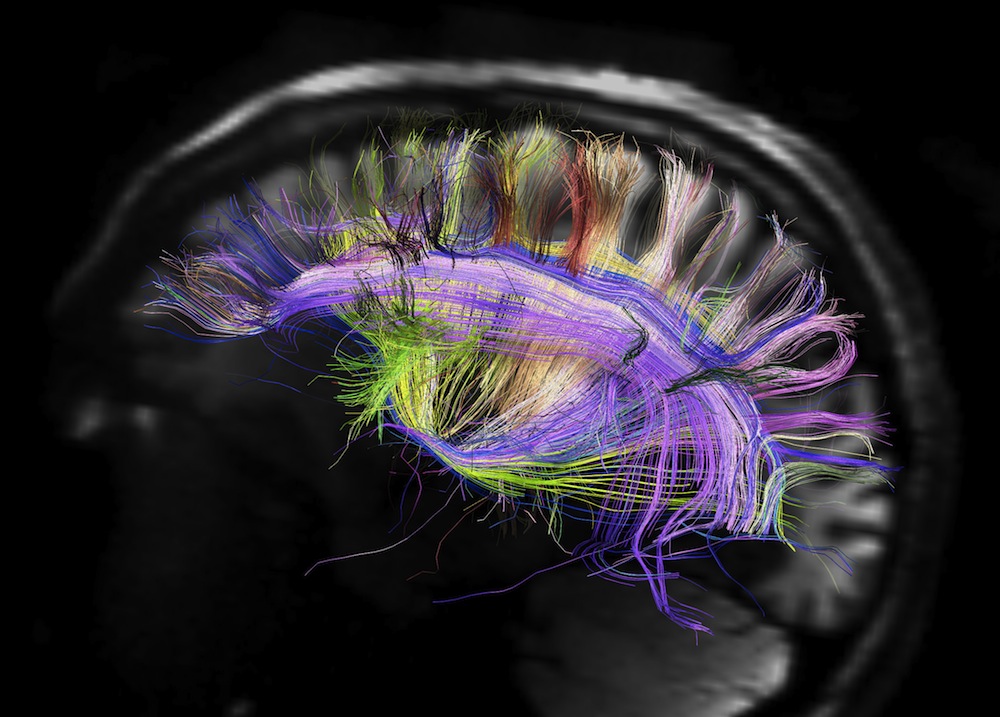Google Backs Obama's 'Moonshot' BRAIN Initiative

President Obama's moonshot project to understand the human brain is getting a financial boost from companies like Google and foundations for neurological disorders, the White House announced Tuesday (Sept. 30).
Obama launched the BRAIN Initiative (short for Brain Research through Advancing Innovative Neurotechnologies) in April 2013, with the goal of unlocking mysteries of the human brain that could ultimately lead to the treatment of diseases and disorders such as Alzheimer's disease and traumatic brain injury.
The new commitments announced include more than $300 million in funding, on top of the $100 million the administration pledged to the project last year. [Inside the Brain: A Photo Journey Through Time]
Neuroscientists have made progress in understanding how individuals brain cells and molecules work, as well as imaging patterns of whole brain activity, but the BRAIN Initiative aims to fill the gap in knowledge of what goes on in the middle, at the level of neural circuits. To do this, the initiative seeks to develop new tools, such as optogenetics, which allow scientists to manipulate brain cells using light.
The Obama Administration is very committed to this grand challenge, the President’s Science Advisor John Holdren said in a news conference Tuesday at the White House.
"We have a long way to go to understand how the human brain functions at the speed of thought," Holdren said. Neuroscientists will need a new generation of tools and technologies, and the ability to record signals from a much greater number of brain cells at vastly greater speeds, he added.
Companies such as Google and General Electric, and members of the National Photonics Initiative, are partnering with the BRAIN Initiative by investing $30 million in funding, as well as providing equipment and expertise, White House officials announced.
Sign up for the Live Science daily newsletter now
Get the world’s most fascinating discoveries delivered straight to your inbox.
In addition, foundations such as the Simons Foundation in New York City, and universities such as Carnegie Mellon University in Pittsburgh are aligning more than $240 million of their existing research efforts with the BRAIN Initiative, officials said.
The initiative, whose founding members include the National Institutes of Health (NIH), the National Science Foundation (NSF) and the Defense Advanced Research Projects Agency (DARPA), will also grow to include the Food and Drug Administration (FDA) and the Intelligence Advanced Research Projects Activity (IARPA).
In June, the NIH released a report outlining a roadmap for achieving the goals of the BRAIN Initiative, including developing methods for mapping and manipulating brain circuits as new theoretical models of the brain
Yesterday, the National Institutes of Health (NIH) also announced $46 million in new grant awards for the BRAIN Initiative. The grants will fund 58 research efforts for projects ranging from wearable brain scanners to real-time imaging of brain signaling chemicals.
The White House highlighted the promise of building on recent advances in studying the brain as well as harnessing technologies developed by the consumer electronics and military industries to develop new tools for understanding the brain.
Follow Tanya Lewis on Twitter and Google+. Follow us @livescience, Facebook & Google+. Original article on Live Science.










